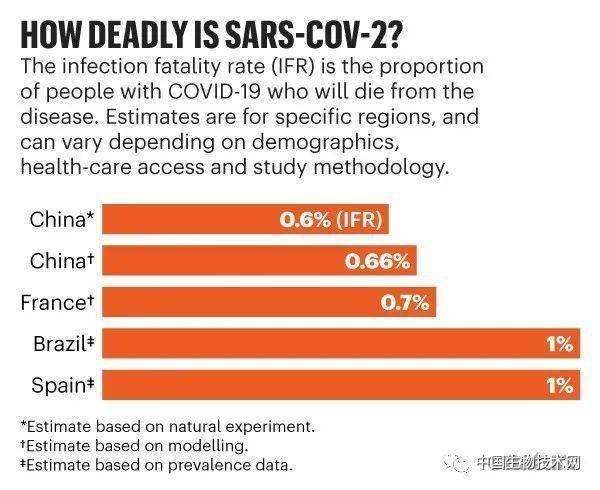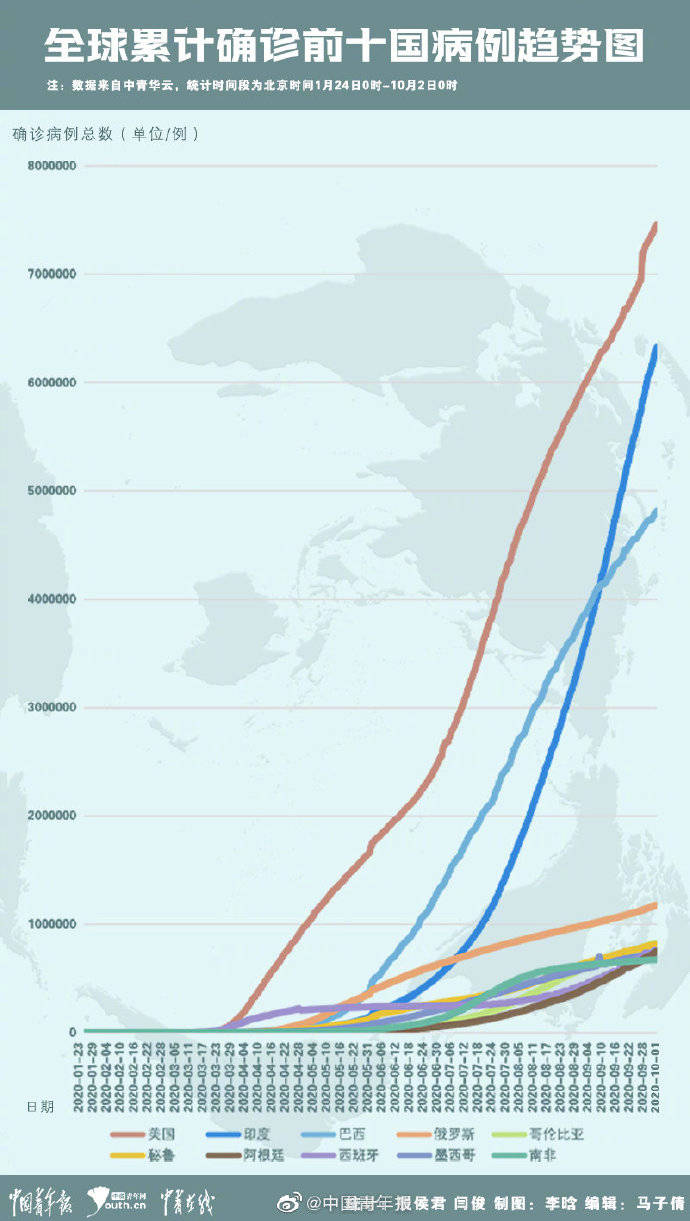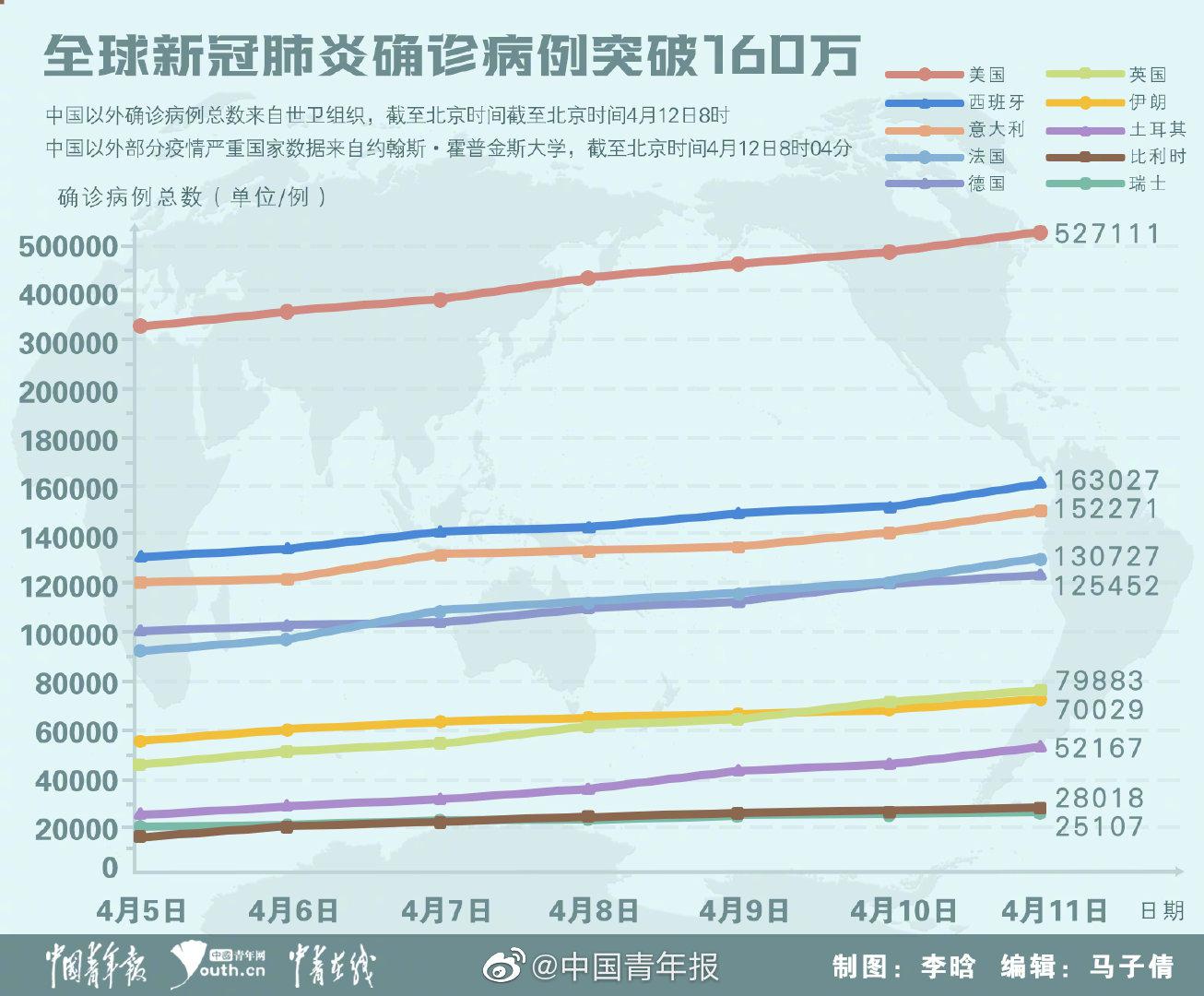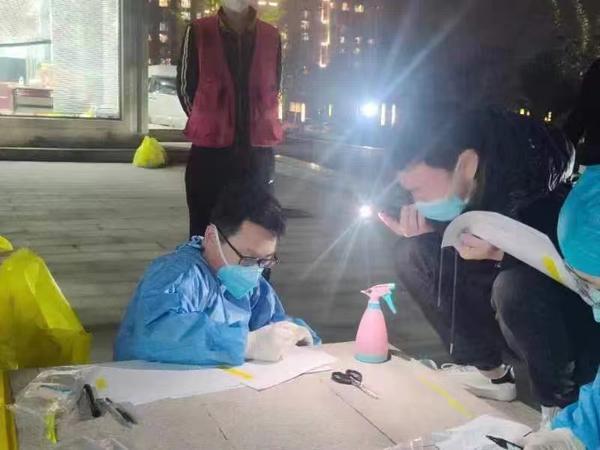Global Pandemic Update: COVID-19 Response and Challenges Amidst the Pandemic Era
In the wake of the COVID-19 pandemic, the world has witnessed unprecedented levels of cooperation, innovation, and resilience. As we navigate through this unprecedented time, it is crucial to provide a comprehensive update on the global efforts to contain the virus's spread, the latest scientific advancements in treatment and vaccination, as well as the ongoing challenges faced by nations and individuals alike.
Vaccination Rollout: A Glimmer of Hope
The global vaccination campaign against COVID-19 has been a crucial milestone in the fight against the pandemic. As of [insert current date], over [insert number] vaccines have been administered worldwide, with [insert leading country] leading the charge with [insert number] doses per capita. The United States, Europe, and several Asian nations continue to ramp up their vaccination programs, aiming to achieve herd immunity by the end of [insert year]. However, access to vaccines remains a significant challenge, with low-income countries struggling to procure even basic supplies due to global supply shortages and inequitable distribution.
Efforts are underway to address this disparity through the COVAX facility, a global initiative aimed at ensuring equitable access to vaccines for all countries. While progress is being made, it is evident that concerted efforts are needed to bridge the gap and ensure that no one is left behind in the race for immunization.
Scientific Advancements: Treatment and Prevention
Scientific research has been a driving force in our understanding of COVID-19 and its impact. Recent breakthroughs include the discovery of new treatments that significantly reduce hospitalizations and mortality rates. Monoclonal antibody therapies, for instance, have shown promise in reducing severe symptoms and preventing disease progression. Additionally, studies on the use of convalescent plasma and other forms of immune therapy continue to yield promising results.
On the prevention front, scientists have made significant strides in developing effective masks and other personal protective equipment (PPE) that not only offer high-level protection but also ensure comfort and ease of use for healthcare workers and the public. The importance of wearing masks, social distancing, and hand hygiene remains paramount in mitigating the spread of the virus.
Economic Impact and Recovery Strategies
The pandemic has had a devastating impact on global economies, with many countries experiencing record-breaking unemployment rates and severe economic downturns. Governments across the world have implemented various stimulus packages and relief measures to cushion the blow and facilitate a gradual recovery. These include direct cash transfers, increased unemployment benefits, and support for small businesses through loans and grants.
The International Monetary Fund (IMF) and other international financial institutions have also provided financial assistance to member countries, emphasizing the need for coordinated efforts to ensure a coordinated global economic recovery. However, the pace and effectiveness of these measures vary greatly depending on each country's economic standing and political will.
Digital Transformation and Its Role in Pandemic Response
The pandemic has accelerated the pace of digital transformation worldwide, with telemedicine, e-learning, and remote work becoming essential components of daily life. Digital tools have played a crucial role in tracking infections, managing supply chains, and facilitating communication between governments, healthcare providers, and citizens. The adoption of digital health passports as a means of safe travel has also gained traction, though privacy concerns remain a significant challenge.
Moreover, data analytics has become instrumental in understanding the virus's transmission patterns and informing public health decisions. However, there are concerns about data privacy and misuse, underscoring the importance of robust regulatory frameworks to ensure responsible use of personal data during public health emergencies.
Challenges Ahead: Variants and Long-Term Effects
Despite these advancements, the pandemic continues to present numerous challenges. The emergence of new virus variants, such as Delta and Omicron, has underscored the need for ongoing vigilance and adaptation of public health measures. These variants have shown increased transmissibility and potential for reduced vaccine effectiveness, highlighting the importance of continued vaccination efforts and the development of booster shots or new vaccines tailored to these variants.
Furthermore, the long-term psychological and economic effects of the pandemic are yet to be fully understood. Mental health issues, including anxiety, depression, and post-traumatic stress disorder (PTSD), are becoming increasingly prevalent among individuals worldwide. The economic scars from job losses and business closures may take years to heal, necessitating sustained support programs for recovery and resilience building.
Conclusion
The COVID-19 pandemic continues to shape our world in ways that will be felt for years to come. As we navigate this uncertain terrain, it is essential to remain hopeful yet pragmatic in our approach. The progress made in vaccination rollout, scientific research, economic recovery strategies, and digital transformation serves as a testament to humanity's resilience in the face of adversity. However
转载请注明来自爬爬百科,本文标题:《全球抗疫进展与挑战,疫情英文播报解析》












 京ICP备11000001号
京ICP备11000001号
发表评论